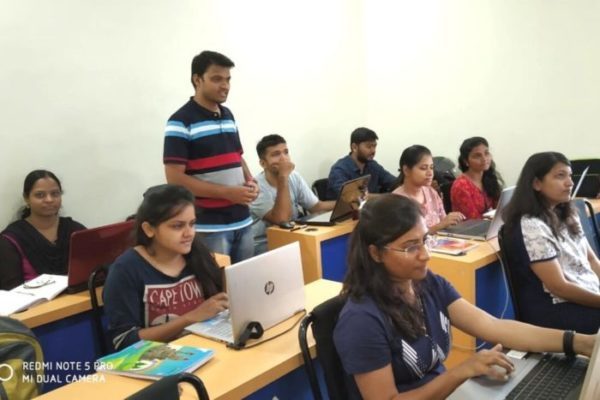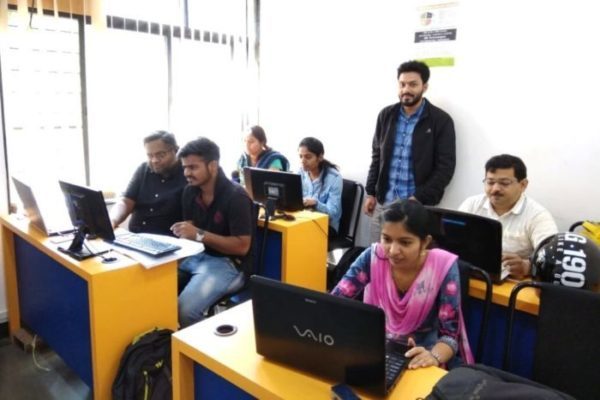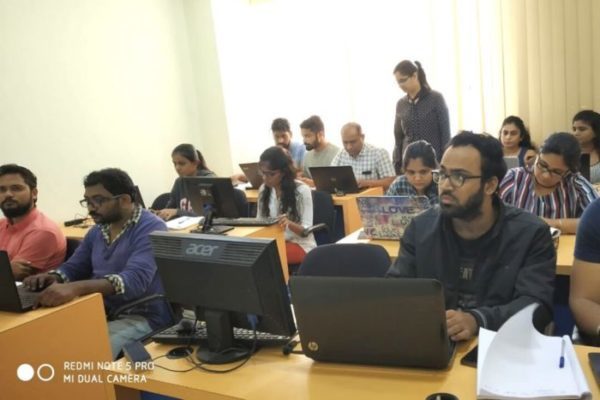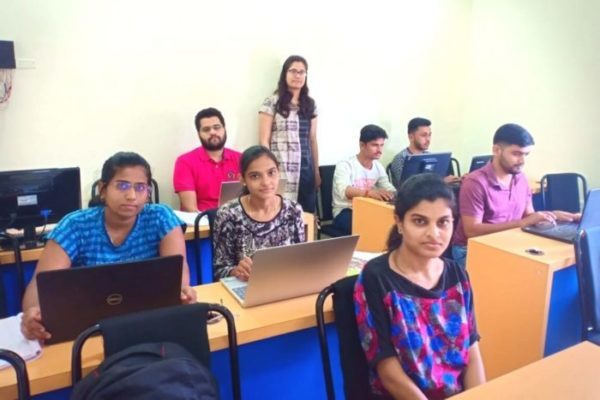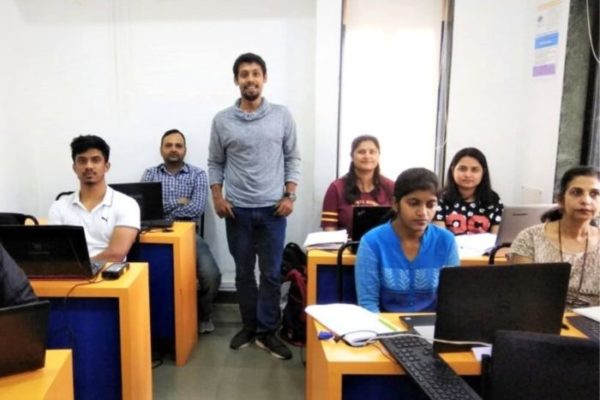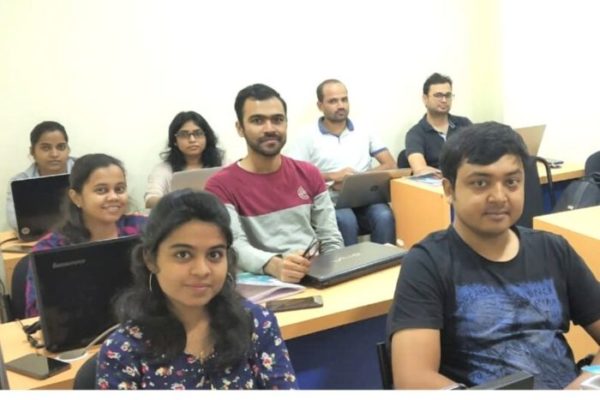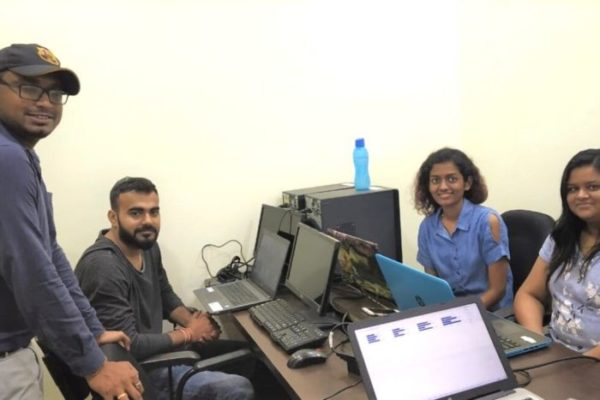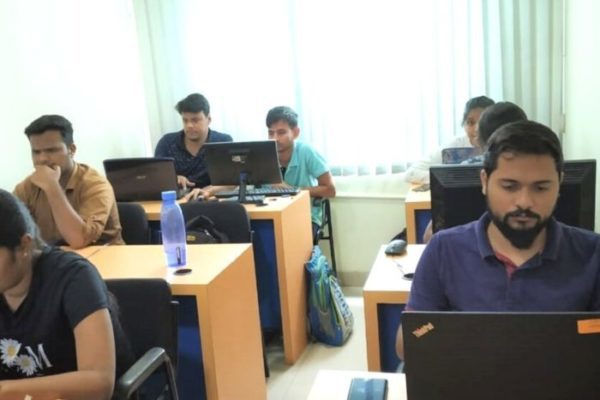Python Courses In Delhi
Python Training Institute New Delhi
3RI Technologies offers a Python course in Delhi that caters to beginners and advanced learners alike. As one of the best Python institutes in Delhi, we provide comprehensive Python training in Delhi to equip you with the necessary skills for real-world applications. Our Python courses in Delhi are designed to make you proficient in Python programming, from basic syntax to advanced concepts like data structures, algorithms, and libraries. Enroll today with the best Python training institute in Delhi and accelerate your programming career.
Key Features
Course Duration : 8 Weeks
Live Projects : 1
Online Live Training
EMI Option Available
Certification & Job Assistance
24 x 7 Lifetime Support
Our Industry Expert Trainer
We are a team of 10+ Years of Industry Experienced Trainers, who conduct the training with real-time scenarios.
The Global Certified Trainers are Excellent in knowledge and highly professionals.
The Trainers follow the Project-Based Learning Method in the Interactive sessions.
Python Course in Delhi Overview
3RI Technologies offers an advanced Python course in Delhi, specially designed to help individuals build a strong foundation in Python programming. Whether you’re a beginner or an experienced developer, our Python courses in Delhi are tailored to suit all levels. With our expert instructors, you’ll learn key Python concepts, including object-oriented programming, data structures, algorithms, and web development.
Our Python training in Delhi is known for its comprehensive curriculum that combines theory with hands-on practice. You will work on real-world projects, gaining experience that will help you excel in the competitive job market. As a leading Python institute in Delhi, we focus on practical learning, which is why our students are prepared to solve complex problems using Python across industries like software development, data science, and automation.
Our Python training institute in New Delhi has become one of the most sought-after destinations for aspiring Python developers. We pride ourselves on being recognized as the best Python institute in Delhi, offering top-notch learning resources, a dedicated support system, and post-training assistance. Choose 3RI Technologies to enhance your Python skills and kick-start your career in programming.
Enroll in our Python course in Delhi and take the first step towards a rewarding programming career today.
Delhi, the capital city of India, is an emerging hub for technology and innovation, making it an excellent location to kickstart your Python career. Delhi is home to numerous IT companies, startups, and global tech giants. This dynamic ecosystem offers abundant opportunities for Python developers across domains such as web development, data science, and artificial intelligence.
The increasing demand for Python developers in Delhi ensures competitive salaries and ample growth opportunities. Roles like Python Developer, Data Analyst, and AI Engineer are highly sought after, making it easier to secure a rewarding position in the industry.
Our practical approach ensures you gain hands-on experience by working on Python projects, helping you master not only the theoretical concepts but also their real-world applications.
The demand for Python professionals in Delhi continues to grow, and with the right training, you can tap into this thriving job market. Upon completing the Python certification, you’ll be well-prepared for several high-demand roles in the tech industry. Some of the top career opportunities include:
Career Path | Key Responsibilities | Industries |
Python Developer | Building and maintaining software applications, developing APIs, and debugging code. | IT services, fintech, and startups. |
Data Scientist | Analyzing data, building predictive models, and creating data-driven solutions using libraries like Pandas and NumPy. | Healthcare, finance, and e-commerce. |
Machine Learning Engineer | Designing and deploying machine learning models using Python libraries like TensorFlow and Scikit-learn. | AI research, automation, and robotics. |
DevOps Engineer | Managing infrastructure and automating deployment pipelines using Python scripts. | Cloud computing and software development. |
Education and Training | Becoming a Python trainer or content developer to teach others this in-demand language. | EdTech and online learning platforms. |
Game Developer | Creating game logic and functionality using Python libraries like Pygame. | Gaming and entertainment. |
Python certification equips you with the skills to excel in various high-demand roles, offering strong earning potential and career growth. Whether you’re interested in coding, analytics, or AI, Python provides access to some of the most fascinating and cutting-edge technological domains.
Our Python trainers are seasoned industry professionals with years of experience in software development, data science, machine learning, web development, and automation. Additionally, trainers offer guidance on critical thinking, effective communication, and problem-solving all of which are critical soft skills for career advancement in the technology industry. Have expert-level knowledge of the subject and a current understanding of its practical applications in the industry.
- Skilled experts with over eight years of experience.
- In their specialized fields, possess a solid combination of practical experience and theoretical knowledge.
An official acknowledgment of your mastery of the Python programming language is a Python certification. It validates your skills and knowledge, demonstrating to potential employers that you possess the expertise needed to handle various programming tasks. However, regardless of your level of experience, getting a Python certification can significantly boost your career prospects.
In the tech sector, Python is one of the most sought-after programming languages. Certification makes you a more attractive candidate for roles like Python Developer, Data Scientist, Machine Learning Engineer, and Web Developer.
Compared to their peers who are not certified, certified Python developers frequently make more money. Certification helps you demonstrate your expertise, which justifies better compensation.
A Python certification can help you differentiate yourself from other applicants with comparable experience in a competitive job market. It gives you an edge when applying for new positions or promotions.
A Python certification is a valuable asset in today’s technology-driven world. It not only proves your technical abilities but also increases your job prospects, earning potential, and professional growth. Whether you want to progress in your career or are just starting out, Python certification can be the key to unlocking a successful future in the tech industry.
Importance
- Versatility: Python is a very flexible language with applications in web development, data science, machine learning, artificial intelligence, automation, and more.
- Ease of Learning: Python is a great language for novices to learn programming because of its straightforward and understandable syntax.
- High Demand: There is a great need for Python developers in many different industries, including tech, finance, healthcare, and education.
- Large Community & Resources: Python has a strong, active community that provides ample resources, libraries, and frameworks to enhance development.
- Career Opportunities: Python certification can significantly boost career prospects, leading to roles in data analysis, software development, and AI engineering.
- Cross-Platform Compatibility: Python is versatile for a range of projects because it can be used on several platforms, such as Windows, macOS, and Linux.
There are many benefits to becoming certified in Python, both personally and professionally. One of the most popular programming languages on the job market is Python. Certification can make you stand out among job candidates, opening up a wide range of career opportunities in fields like software development, data science, AI, and web development. Getting certified by a reputable organization confirms your abilities and expertise in Python. It serves as a third-party recommendation, showing potential employers that you are proficient in the language and prepared to use it in practical situations.
Python certification offers a competitive edge in the job market, enhances your earning potential, and demonstrates your commitment to professional growth. Whether you are a beginner or an experienced professional, obtaining a Python certification can unlock new career opportunities, boost your job security, and equip you with the practical skills needed to succeed in today’s tech-driven world.
Whether you’re pursuing a career in data science, web development, or machine learning, our expert advisors are here to help you choose the ideal course to match your goals. We provide personalized guidance to assist you in selecting the right learning format (online or offline) and a curriculum tailored to your skill level. You will acquire the skills and knowledge required to be successful in your chosen field with our flexible scheduling, hands-on, practical training, and assistance with job placement. The Python training program you choose should be in line with your learning objectives, proficiency level, and career aspirations. Here are key factors to consider to ensure you choose the best Python course for you:
- Course Content and Curriculum- Ensure the program covers core Python concepts, such as variables, data types, loops, and functions, along with advanced topics like object-oriented programming, web development, and data science.
- Learning Mode – Depending on your learning preferences and schedule, select between flexible online programs or in-person classes. Self-paced learning may be possible with online courses, but in-person interaction with teachers is provided during classroom instruction.
- Instructor Expertise – An important factor in your learning process is the caliber of the teacher. Choose a course taught by trainers with hands-on experience in Python development and industry expertise.
- Hands-On Experience – Try to find classes that include real-world applications, coding tasks, and practical projects. Practical experience aids in portfolio development and learning reinforcement.
- Certification and Recognition – Ensure the program offers a certification that is recognized by employers and aligns with industry standards. Obtaining certifications from reputable platforms can improve your CV.
- Student Reviews and Testimonials – Look for feedback from previous students about the course quality, instructor effectiveness, and overall learning experience. Positive testimonials can indicate a reliable and valuable program.
Python Course In Delhi is appropriate for individuals of all levels of competence due to the growing demand for competent experts. This course is best suited for
- Software Developers
- Web Developers
- Big Data Experts
- Data Security Consultants
- Data Scientists
- Data Engineers
- Business Consultants
- Business Analysts
- Research Analysts
- UX Designers
- Python Developers
- Anyone interested in a Python programing language.
- Anybody who wants to work as a Python developer or full stack developer.
- Experts who want to pass their Python Certification exams.
- Freshers
- Graduates, Postgraduates, MCA, BCA, BSc (IT)
Skills Required
- No Prerequisites for Python certification training
- Basic knowledge of SQL is advantageous
Python Course Syllabus
Best-in-class content by leading faculty and industry leaders in the form of videos, cases and projects, assignments and live sessions
- An Introduction to Python
- Why Python, its Unique Feature and where to use it?
- Python Environment Setup
- Discuss about IDE’s like IDLE, Pycharm and Enthought Canopy
- Start programming on an interactive shell.
- Python Identifiers, Keywords
- Discussion about installed module s and packages
- Access Command line arguments within programs
- Conditional Statement, Loops, and File Handling
- Python Data Types and Variable
- Condition and Loops in Python
- Decorators
- Python Modules & Packages
- Python Files and Directories manipulations
- Use various files and directory functions for OS operations
- Python Core Objects and Functions
- Built in modules (Library Functions)
- Numeric and Math’s Module
- String/List/Dictionaries/Tuple
- Complex Data structures in Python
- Arbitrary data types and their Data Structure
- Python built-in function
- Python user-defined functions
- Python packages and functions
- The anonymous Functions – Lambda Functions
- Object Oriented Python
- OOPs Concepts
- Object, Classes and Destroying Objects
- Accessing attributes, Built-In Class Attributes
- Inheritance and Polymorphism
- Overriding Methods,
- Abstraction and Encapsulation
- Regular Expression
- Regular Expressions
- What are regular expressions?
- The match and search Function
- Compile and matching
- Matching vs searching
- Search and Replace feature using RE
- Extended Regular Expressions
- Wildcard characters and work with them
- Multithreading
- Multithreading with Python
- What is multithreading?
- Starting a New Thread
- The Threading Module
- Synchronizing Threads
- File Handling
- Writing data to a file
- Reading data from a file
- Read and Write data from CSV file
- OS module
- Rename and Removing files, directories
- Exception Handling in Python
- Exceptions Handling
- Handling various exceptions using try….except…else
- Try-finally clause
- The argument of an Exception and create a self exception class
- Python Standard Exceptions
- Raising an exceptions, User-Defined Exceptions
- Debugging Python Programs
- Debug Python programs using pdb debugger
- Assert for debugging
- Standard project setup in Python
- Modules & Packages
- Modules
- How to import a module?
- Packages
- How to create packages
- Database Handling
- Create Database Connection
- Creating and accessing SQLite database
- Python with MySQL Database
- Creating Database table
- CRUD operation on a database
- Performing Transactions
- Handling Database Errors
- Disconnecting Database
- Basics of Web Page Creation
- Understanding of basic HTML /CSS
- HTML Header, paragraph
- Various tag for button, label and combo-box
- Creation of forms in HTML
- Django Framework
- Introduction to Django
- MVT Architecture
- How to create Django App
- Url Mapping
- Templates
- Introduction to static file
- Django Model Overview
- Creating model
- Model template view creation
- Django forms and validation
- Relative Url with Template
- Interacting with a Database: Models
- Overview of Models
- Creating Models
- Configuring the Database
- Your First App
- Using Django with MySQL.
- Models-Templates-Views Paradigm
- Inserting and Updating Data
- The Django Administration Site
- Activating the Admin Interface
- Using the Admin Interface
- Users, Groups, and Permissions
- Selecting an Objects
- Deleting an Objects
- Views and Templates
- URL Template Inheritance
- Template Inheritance Coding Example
- Quick Note on Custom Template Filters
- Template Filters and Custom Filters
- Template Filters Coding Examples
- Django Passwords
- Deploying Django Framework
- Form Processing
- Django Forms
- Form Validation
- Model Forms
- Relative URLs with Templates
- Relative URLs Coding Examples
- Project Work
- Discussion on Overview and requirements of Project
- Creation a Web-based Application
- Fundamentals of Data Science and Machine Learning
- Introduction to Data Science
- The need for Data Science
- BigData and Data Science’
- Data Science and machine learning
- Data Science Life Cycle
- Data Science Platform
- Data Science Use Cases
- Skill Required for Data Science
- Mathematics For Data Science
- Linear Algebra
- Vectors
- Matrices
- Optimization
- Theory Of optimization
- Gradients Descent
- Linear Algebra
- Introduction to Statistics
- Descriptive vs. Inferential Statistics
- Types of data
- Measures of central tendency and dispersion
- Hypothesis & inferences
- Hypothesis Testing
- Confidence Interval
- Central Limit Theorem
- Probability and Probability Distributions
- Probability Theory
- Conditional Probability
- Data Distribution
- Binomial Distribution
- Normal Distribution
Machine Learning
Python for ML along with Module1
- Introduction to NumPy
- Array Operations
- Arrays Functions
- Array Mathematics
- Array Manipulation
- Array I/O
- Importing Files with Numpy
- Data Manipulation with Pandas
- Data Frames
- I/O
- Selection in DFs
- Retrieving in DFs
- Applying Functions
- Reshaping the DFs – Pivot
- Combining DFs
- Merge
- Join
- Data Alignment
- SciPy
- Matrices Operations
- Create matrices
- Inverse, Transpose, Trace, Norms , Rank etc
- Matrices Decomposition
- Eigen Values & vectors
- SVDs
- MatPlotLib
- Basics of Plotting
- Plots Generation
- Customization
- Store Plots
- SciKit LearnBasics
- Data Loading
- Train/Test Data generation
- Preprocessing
- Generate Model
- Evaluate Models
Machine Learning
- Exploratory Data Analysis
- Data Exploration
- Missing Value handling
- Outliers Handling
- Feature Engineering
- Feature Selection
- Importance of Feature Selection in Machine Learning
- Filter Methods
- Wrapper Methods
- Embedded Methods
- Machine Learning: Supervised Algorithms Classification
- Introduction to Machine Learning
- Logistic Regression
- Naïve Bays Algorithm
- K-Nearest Neighbor Algorithm
- Decision Tress (SingleTree)
- Support Vector Machines
- Model Ensemble
- Bagging
- Random Forest
- Boosting
- Gradient Boosted Trees
- Model Evaluation and performance
- K-Fold Cross Validation
- ROC, AUC etc…
- Machine Learning: Regression
- Simple Linear Regression
- Multiple Linear Regression
- Decision Tree and Random Forest Regression
- Machine Learning: Unsupervised Learning Algorithms
- Similarity Measures
- Cluster Analysis and Similarity Measures
- K-chical Clustering
- Principal means Clustering
- HierarComponents Analysis
- Association Rules Mining & Market Basket Analysis
- Text Mining
- Basics
- Term Document Matrix
- TF-IDF
- Twitter Sentiment Analysis
- Project Work
- Machine Learning end to end Project blueprint
- Regression predictive modeling – House Price Prediction
- Classification predictive modeling – Binary Classification
- Widespread coverage for each Topic
- Various Approaches to Solve Data Science Problem
- Pros and Cons of Various Algorithms and approaches
- Introduction to Selenium
- Introduction to Automation Testing
- Why Automation Testing
- Introduction to Selenium components
- History and various versions of selenium
- What is Selenium 3.0
- Advantages of using Selenium over other tools.
- Installation and setting up the environment
- Installation of Python
- Automation Setup for Selenium Web Driver
- Install and Configure PyDev in Eclipse
- Selenium-IDE
- Introduction
- IDE Features
- Building & Running Test Cases
- Building and Running Test Suites
- Selenium Web Driver 2.0
- Why Selenium Web Driver
- What is a Driver
- Download & configuring Web driver
- Architecture of selenium web driver
- Drivers for Firefox, IE, chrome
- Identification of Locators
- Tools to identify elements/objects
- Different methods of finding an element
- By ID, By name, class
- By Xpath, By Tag name
- By Link text
- By CSS
- Using Effective X-path
- Selenium Commands
- Various types of operation that can be
- performed on any elements and how to use them.
- Browser Commands, Navigation Commands
- Working with a different browser
- Handling Checkbox, RadioButton
- Dropdown and Select Operations
- Capturing Screenshots
- Handling Keyboard Event and Mouse Event
- Multiple Window Handling
- Alert & Pop Up Handling.
- Wait Commands in Selenium
- Implicit Wait
- Explicit Waits, Expected Conditions
Advanced Selenium
- Framework Designing
- What is Framework
- Different Types of Framework.
- How to Design a framework?
- Data-Driven Framework using Excel
- Reading and writing data from Excel
- Executing Testcases from Excel
- PyTest Framework
- Introduction to PyTest framework
- Installing PyTest
- PyTest Fixtures
- Parametrized Test Functions
- Running multiple tests using PyTest
- Generating Test report
- Unit Test Framework PyUnit
- Basic of pyunit
- pyunit Installation
- pyunit annotation
- Test Case creation
- Test Case execution
- Assertions/Reporting Errors
- Suite execution
- pyunit Reports
- Using pyunit in Selenium
- POM Framework
- Advantages of POM
- How to implement
- Using Page Object and Page Factory
- Continuous Build Integration tools- Jenkins
- What is Jenkins and how to use it
- Installation and configuration of Jenkins
Front End Technologies
- HTML
- Introduction and Basic Structure of HTML
- Basics, Elements, Attributes
- Paragraphs and Formatting
- HTML Skeleton, Links, Images
- HTML Tables, Blocks
- HTML Lists, Quick List
- HTML Blocks
- HTML Layouts & Forms, IFrames
- HTML Colors
- CSS
- Introduction
- Syntax
- Id & Class
- Backgrounds
- Text and Fonts
- Links and Lists
- Box Model
- Advanced Topics
- Dimensions, Display
- Positioning, Floating
- Align
- JavaScript
- Introduction
- Statements & Comments
- Variables
- Operators and Comparisons
- Conditional Statements and Loops
- User Defined Functions
- JS Objects
- JS Validations
- Bootstrap
- What is Bootstrap and its Setup
- How to Create a Layout in Bootstrap
- Grid Classes
- Basic Tags in Bootstrap
- Contextual colors and backgrounds
- Table in Bootstrap
- Bootstrap Basic Tables
- Striped Rows, Hover Rows
- Bordered Table, Condensed Table
- Responsive Tables
- Navigation bar in Bootstrap
- Inverted Navigation Bar
- Fixed Navigation Bar
- Navigation Bar with Dropdown
- Right-aligned Navigation Bar
- Collapsing the Navigation Bar
- Form & Buttons in Bootstrap
- Vertical Form
- Horizontal Form
- Inline Form
- Block Level Buttons
- Active/Disabled Button
Database Handling with Python
- Python MySQL Database Access
- Create Database Connection
- DML and DDL Operations with Databases
- Performing Transactions
- Handling Database Errors
- Disconnecting Database
- Database Handling with NoSQL DB
- SQL vs NoSQL
- MongoDB
- PyMongo
- Establishing a Connection
- Accessing Database
- DML and DDL Operations
Project Work
- User Login and Registration site
- Create an online Test evaluation system for Institute
- Building an E-commerce site in Django

Claim your free expert counseling session today!

Do you want to book a FREE Demo Session?
Who can apply for the course?
- Graduates who want to become Python Developer
- BE / BTech / MCA passed aspirants to make their career as Web Developers / Data Scientists
- IT-Professionals who want to get career as Programming Expert
- Professionals from non-IT bkg, and want to establish in IT.
- Candidate who would like to restart their career after a gap.
- Web Designers for next level of their career.
Want an Expert Opinion?

Industry Projects
Learn through real-life industry projects sponsored by top companies across industries
- Project Implementation with Real-Time Scenario.
Dedicated Industry Experts Mentors
Receive 1:1 career counselling sessions & mock interviews with hiring managers. Further your career with our 300+ hiring partners.
Skills to Master
Web scraping
Django
Operators
Methods
Functions
Data Structures
Pandas
NumPy
Libraries
Matplotlib
Loops
Errors and exceptions
Tools to Master


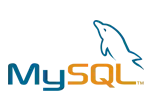



I'm Interested in This Program

Get Free Career Counseling
Talk to a counselor in 5 minutes
Having trouble? Call us at 8308103366 or Chat on WhatsApp.
Our Clients
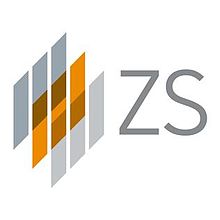
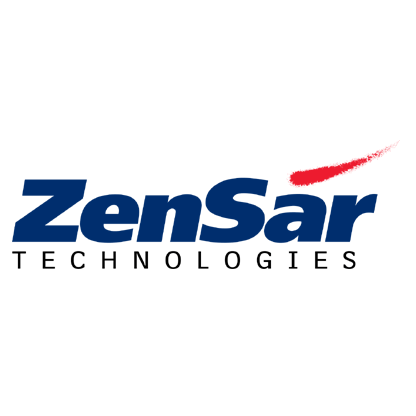
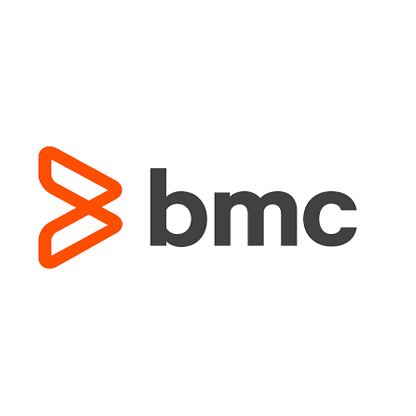


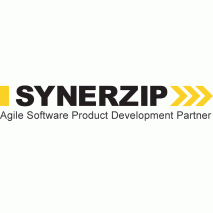
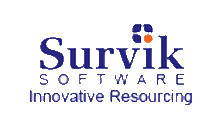

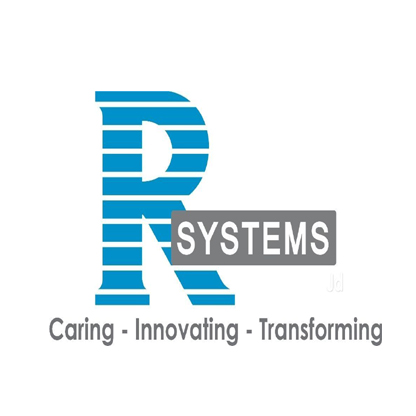


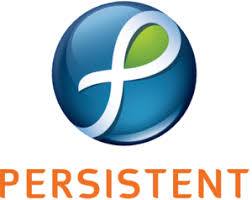





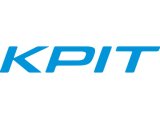
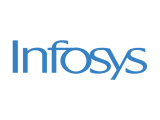
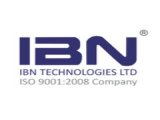
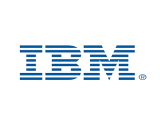





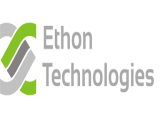
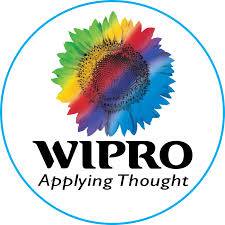
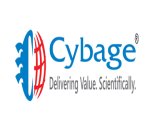
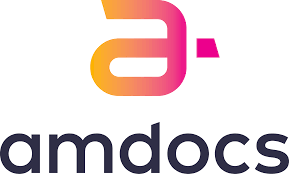

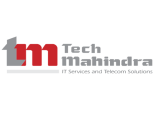


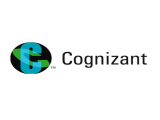




Python Training Testimonials
What our students talks about us. If you were student of 3RI and wants to share your thought about us, kindly mail or call us.






Python Information
- What Is Python Used For?
- Best Technologies To Learn In IT Industry 2020
- Top 10 Job Oriented Courses After Graduation
- Python Interview Questions and Answers
- What is Python used for in Programming
- Python Best Practices: 5 Tips For Better Coding
- Is Python Easy To Learn?
- Python vs PySpark
- Python Vs Scala
- Advantages And Disadvantages Of Python
- For Best Quality Python Programming Classes in Pune, Join 3ri Technologies!
- Trending Software Courses For 2023
- Why Learn Python? Top 10 reasons to learn Python Programming in 2020
- Top Python Frameworks For Developers in 2023
- Python Developer Salary in India
- Python Vs C Language : Which Programming Language Is Right For You?
- Python vs Java
- Python vs PHP
- Python vs Tableau
- Python Vs Go
- A/B Testing Using Django
- Python Developer Resume

